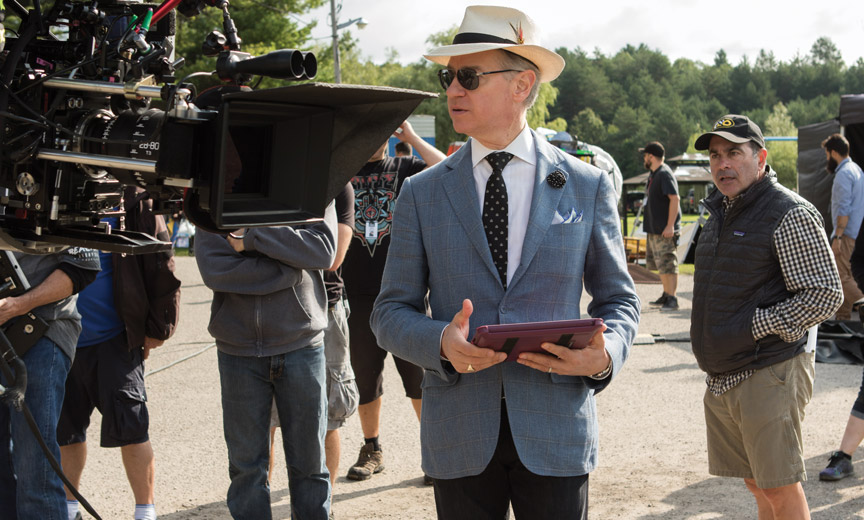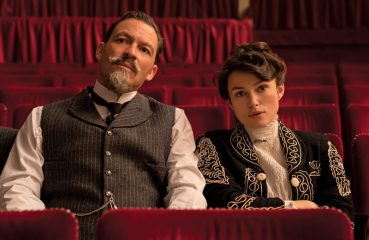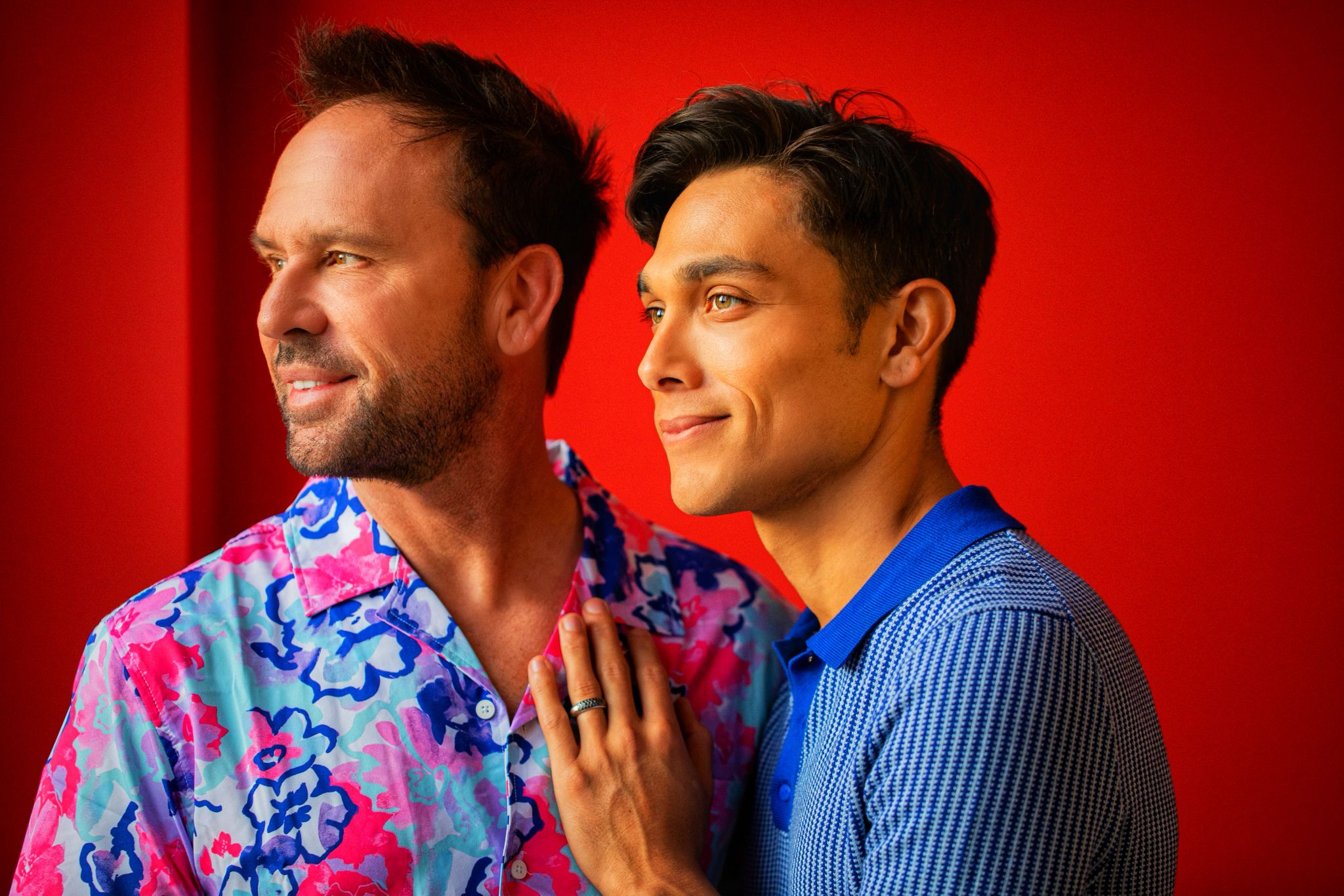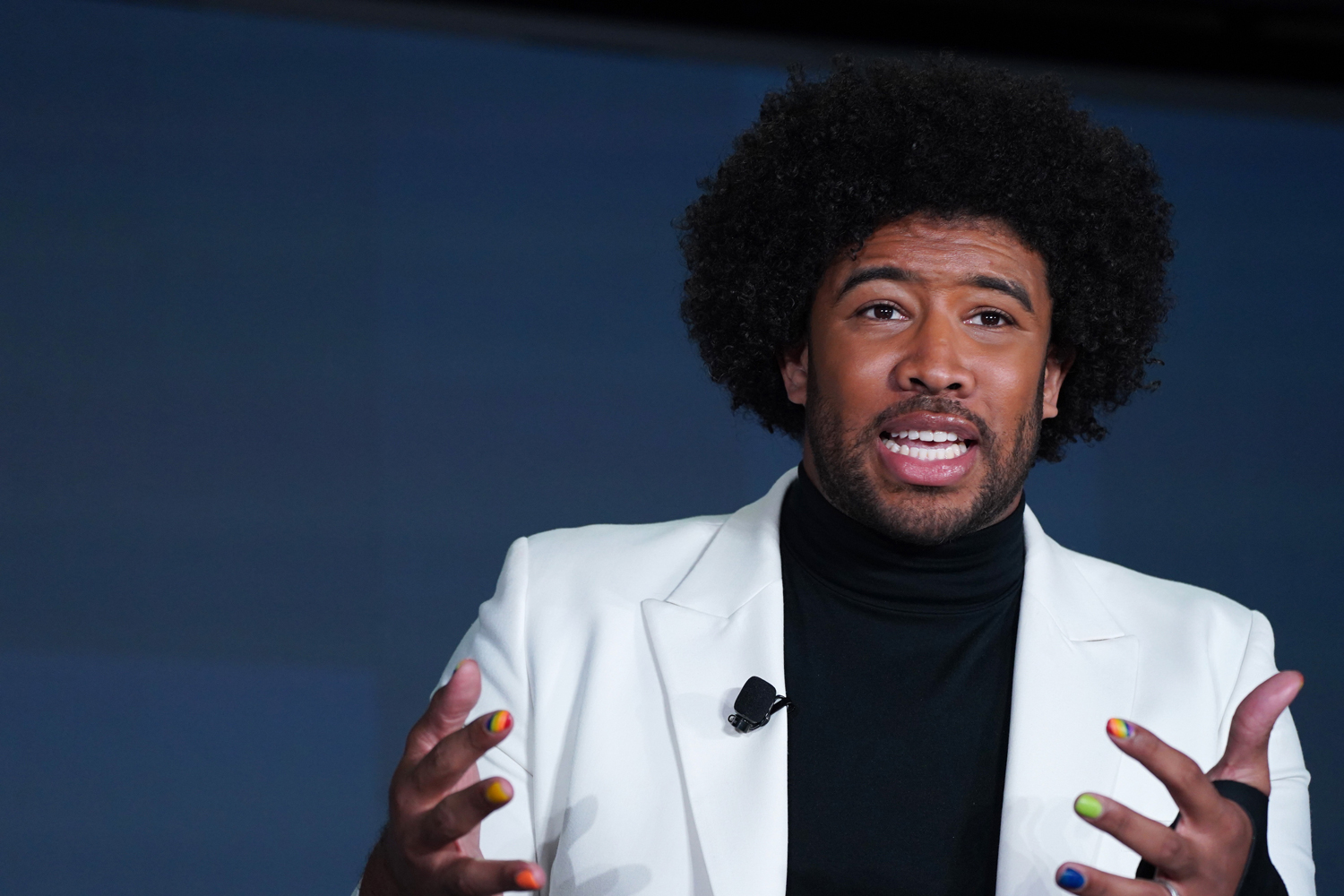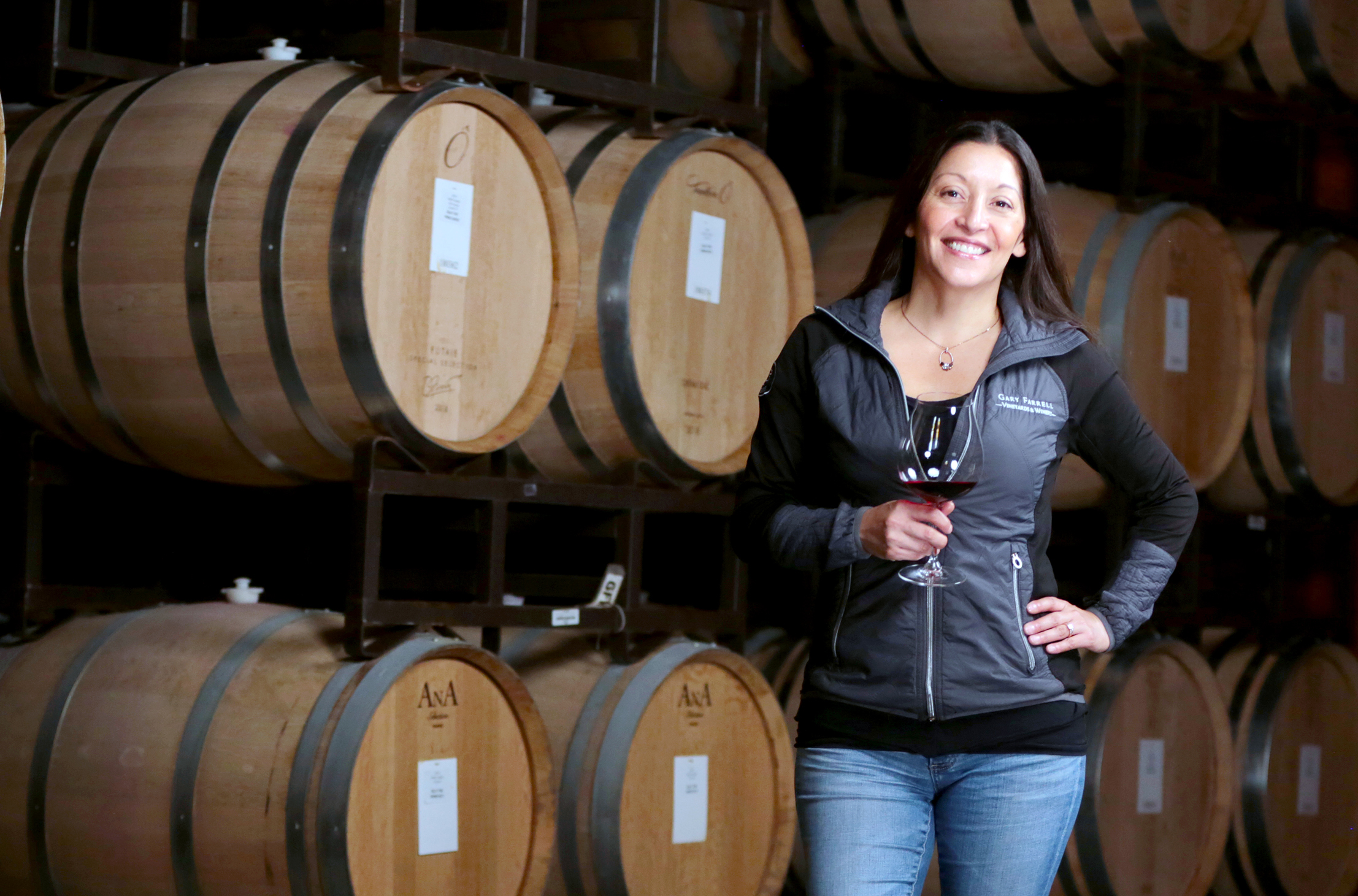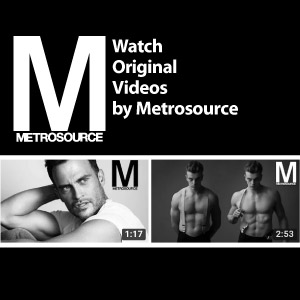Paul Feig, the man who gave us Bridesmaids and the galpal remake of Ghostbusters dives into a new film called A Simple Favor. Thrilling, sexy and stylish, it’s driven by and revolves around strong female roles — and the women who play them.
Long before the #MeToo movement blossomed, Paul Feig was reimagining how Hollywood related to women. His Bridesmaids brought us a gross-out comedy centered around female friendship. The Heat reinvented the buddy cop movie for a galpal duo. Spy put thrust an unassuming female character into James Bond-style hijinx. And Ghostbusters inadvertently set off an internet firestorm when it was revealed the film centered around four funny women (rather than men) as the crew who “ain’t afraid of no ghosts.”
“If you look at all my movies, they’re all genre movies. That’s what I love,” says Feig as he settles in to discuss his latest film, A Simple Favor. “I’m just always like: what genre can we play with now? What genre can we introduce elements into that don’t normally exist in those?” Feig is not done experimenting. “I’m dying to do a sci-fi epic,” he says. “I’m dying to do a musical. I’d love to do a Western. The sky’s the limit.”
A Simple Favor is Feig’s foray into the psychological thriller — an oeuvre not particularly known for either his trademark comic flair or for empowering women. But the movie quickly sets about proving there’s a place in the genre for laughs and for women to play roles other than victims. Much of that is fuelled by the relationship at the center of the film — forged when the worlds of Blake Lively’s impeccably-styled working mom Emily and Anna Kendrick’s perky vlogging homemaker Stephanie collide. “They’re not coming together as equals, career wise,” says Feig. “Anna’s sort of a little chirpy mom who’s struggling with this vlog, and all the other parents don’t like her because she’s too perfect; and then Blake is the career woman.” The chemistry between these two characters is off the charts from the moment they first share the screen — with Emily judging Stephanie for being provincial, but also acknowledging her prowess as a mom, while Stephanie is awestruck by Emily’s worldliness, but remains concerned about what that means for her family.
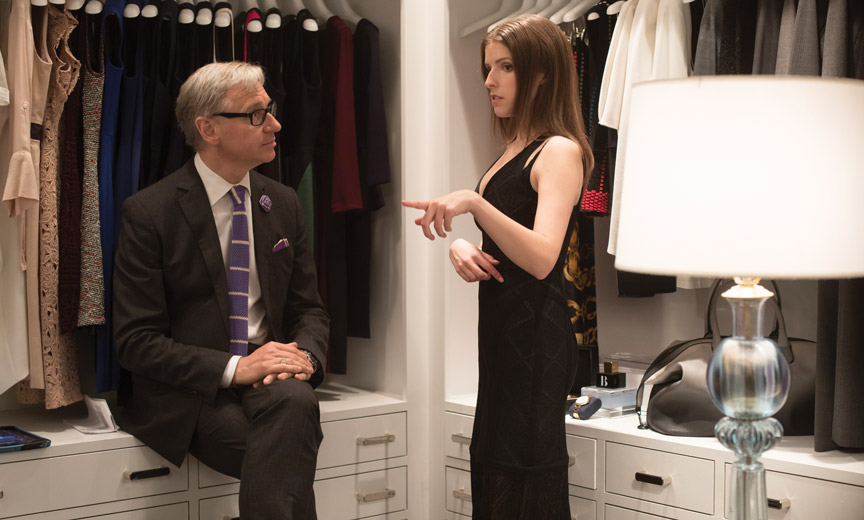
Feig tells me that as the script was being developed, this relationship started out even more lopsided. “They were a little more adversarial up front. It was a lot of Emily making fun of Stephanie, but Stephanie still kind of enamored with Emily.” But Lively and Kendrick pushed for parity. “Blake and Anna both didn’t want it to be too mean-spirited, and I was like: I’m with you.” However, there are still several funny instances of Emily teasing Stephanie. “They weren’t making fun of her, they were having fun with her,” Feig explains – pointing to an exchange in which Lively ad-libbed, “Does your kid drink? It’s never too early,” and Anna came back with, “I think you’re joking, but…”. By the time they bring their sons back to Emily’s spectacular home, their back-and-forth begins to feel like flirtation.
Feig tells me he saw reflections of his own mother in Stephanie’s awed reaction to Emily’s lifestyle.”She was a telephone operator in Canada before she met my dad, and then when she and my Dad had me, she became a stay-at-home mom until I was in my teens,” he remembers. “She was always so enamored with professional women — any woman who had her own business or anything like that, who had a position of power, was like the coolest thing in the world. And so when she met my wife — when I first started dating my wife, my wife had her own management agency — my Mom would just go to work sometimes and just sit in her office and watch my wife work, and they were the best of friends.”
“I like the idea that Emily would actually respond to that: that she’s actually a hero to somebody — the way Stephanie looks at her and all that,” Feig enthuses. “To me, the moment that’s the perfect summation of why their relationship works is when she catches Stephanie dancing, and Stephanie’s kind of embarrassed. … The fact that [Emily] kind of laughs and she’s like, ‘Go on – I want to see some more,’ and that makes Stephanie dance: that was a moment I was just like, ‘Oh my God the chemistry in these characters is just going to be so great together. … That’s what drives Stephanie to do so much.”
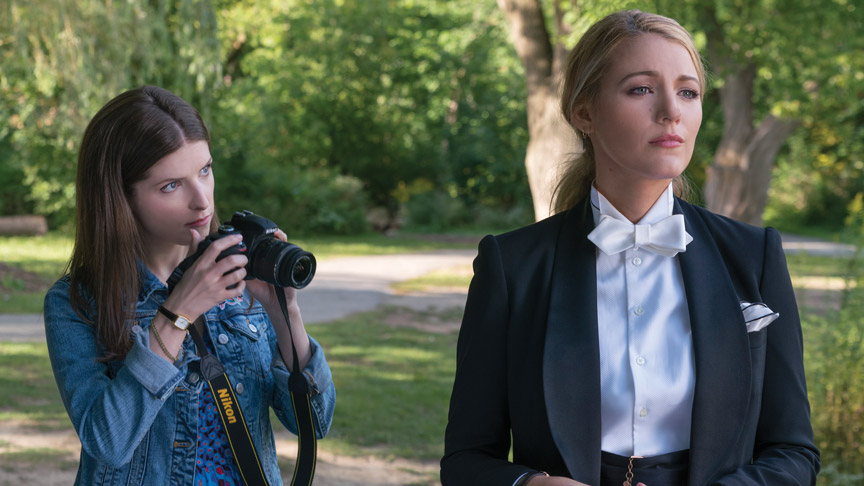
As is the way with psychological thrillers, to give away a little is to potentially give away too much. Suffice it to say that Stephanie does end up going to extraordinary lengths on Emily’s behalf, and we do get to see a moment where their chemistry reaches a crescendo. “Honestly that, to me, is the most important moment in the whole movie, because it just tells so much,” says Feig. “Some people could read that [in the script] and think it’s just going to be some weird exploitative moment, and I know — when we were moving towards production — there were a few people that were worried about that on our team. And I was just like, ‘No, this tells the tale.’ I mean Stephanie is so lonely and so desperately needy for any kind of love and acceptance, and here she meets this woman who’s kind of her hero; and she just gets enamored with her totally. And in this moment of confession, she’s finally told this deep dark secret to this person who’s being very sympathetic to her, and they just kind of fall together.” Without giving away any particulars, it’s easy to agree with Feig when he comments, “I just think it’s absolutely masterfully acted, and I’m just so proud of that moment in the movie.”
a stereotype world
A Simple Favor is a queer film in ways that extend beyond the chemistry of its leading ladies. Around the time that Frances McDormand was calling for them in awards acceptance speeches and Ashley Judd was advocating for them on red carpets, Feig announced that his company, Feigco Entertainment, would be embracing inclusion riders. Such riders can require at least 50% of a film’s cast and crew be diverse, and I ask Feig if that extends to LGBTQ members of the film industry, as well.
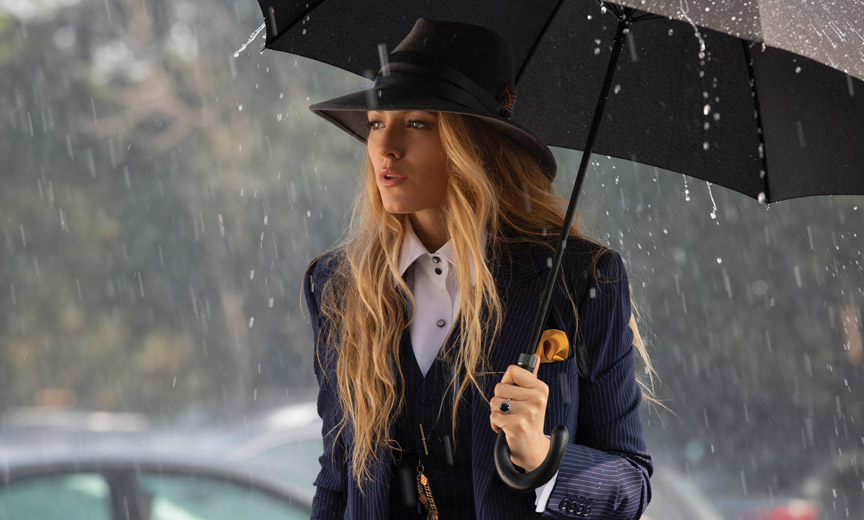
“It’s all part of the mix,” Feig replies. On screen in A Simple Favor, he points to trans actor Petty Pearson, who plays the right-hand person of Emily’s fashion maven boss. “And then behind the camera … we try to throw the door open wide as much as we can.”
Another member of the LGBTQ community to score screen time is former Metrosource cover guy Andrew Rannells. As part of a Greek chorus of other parents who judge Emily and Stephanie for their respective mom-extremes, Rannells is the resident gay dad, though it’s not explicitly stated that his character is gay. “I never wanted to state it, because I don’t like putting a big red flag on anything. Then I think it’s like: ‘Hey! Look how progressive we are!'” But Feig still hopes it comes across. ‘The assumption is, ‘Oh yeah sure, he’s the dad who’s part of the gay couple, and he’s the one in charge of the kid. For me that was always the point.”
Another queer character appears in the form of Emily’s boss Dennis Nylon, hilariously referred to at one point as a “bargain basement Tom Ford.” I ask Feig whether — in presenting a sardonic portrait of an LGBTQ individual — he was concerned about it being misperceived as mocking queerness in a stereotypical way. “Very much so, because I’ve seen that done poorly so many times, where it’s clearly like: ‘Oh look, here’s the funny gay guy!'” says Feig. “You don’t want that.” In his brief appearance on screen, Rupert Friend turns in a performance that delicately navigates this danger zone. “We never wanted him to be flamboyant,” explains Feig. “I found out that Rupert had read the script and wanted to play that role. I was so shocked because it’s not a big part, but he just really kind of latched onto it. … The way he wanted to play it, the way we wanted to come up with his costume and everything: it was never an issue where I had to go, ‘Come on; tamp that down; let’s not do that; let’s not play in the stereotype world.”
Perhaps the most ambitiously queer aspect of the film is Blake Lively’s extraordinary wardrobe — which features some of the most exciting suiting worn by a woman on screen since Marlene Dietrich. Feig is renowned for being nattily attired, and he readily admits that fashion is one of his favorite parts of the creative process. Nevertheless, he doesn’t approach costuming dictatorially. “My journey with the actors and especially with actresses: I like to let them set the look, because I was an actor for years and I just know that it’s part of the character. It’s how you feel like the character.”
“She works in the fashion industry, so she’s fashion-forward,” Feig says of Emily. But they didn’t want to lean toward “her boobs are hanging out all over the place” or “she dresses super-revealing or sexy.” Instead, Feig explains, they wanted to dress her as a powerful, strong, career woman “who is coming into the, sort of, Lululemon world of parents just trying to get through their day as best as they can.” Feig says. Style conversations began early — before Feig started working with Lively or costume designer Renee Ehrlich Kalfus (who also worked on the fabulous costumes of Hidden Figures), and whom Feig describes as “really amazing.”
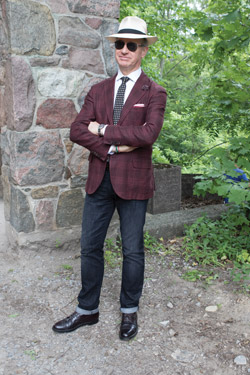
“We were definitely working towards more masculine kind of clothes for Blake, but it was more based on looking at Helmut Newton photos and that kind of thing — you know: the very iconic picture of the woman smoking the cigarette on that street in Paris? And she’s got the big bell-bottom black pants and almost kind of a tuxedo-ish look to it?” Lively was on board with the idea. “Blake knew that she liked the idea of having this more masculine look, and then she looked at me, and she’s like, ‘I want to dress like you.’ Because I always wear, like, a three piece suit or double-breasted suits and that kind of thing.” So Lively said to Kalfus, “Let’s model me on the way that Paul Feig dresses.” Feig was flattered and got in touch with his friend Kimball Hastings, who works at Ralph Lauren, and said, “What do you think about suiting for Blake Lively?” The Lauren crew raided their archives, so most of the film’s suits are modified Ralph Lauren. Then Lively and Kalfus “put their absolute spin on with all the accessories and how they did the ties.” Still worried that the studio would want more plunging-neckline sexiness, Lively came up with the idea that, though the first time we see her she’s in a suit, “when they get back to the house, she has this almost-Chippendales sort of fake shirt that she yanks off.”
When I refer to it as perhaps the most important dickie in the history of cinema, Feig laughs, remembering: “I said, ‘Oh my God, Blake, are you proposing a dickie?’ And she said yes. I was like, ‘This is fantastic!’ And then with the cuffs, too — it really makes me laugh.” It seems like this depth of care went into all of Emily’s ensembles, with each offering a new kind of surprise. “We just always want — every time Emily shows up — you to go, ‘Wow! What are you wearing now?!'”
Later, I’ll be standing next to Feig at a party for the film when Lively sweeps into the room, channeling Emily by wearing an impeccably tailored suit in a shade of lime so vibrant that every eye would have been on her even if she weren’t a movie star. “She so embraced it and it was just fun,” Feig says. “Blake doesn’t normally play these kind of roles, and even when I found out she wanted to do it, I remember — I’m such a fan of hers — I was like, ‘Wow, does she really?'” From the risks she took in costuming to a daring nude portrait that plays a crucial role in the film (Lively later tells me she’s not yet sure how she’ll ever explain it to her daughter), Feig says Lively kept surprising him with her willingness to challenge herself. “I was like really? You would do that?” remembers Feig. “Blake was so willing to go way outside of her comfort zone.”
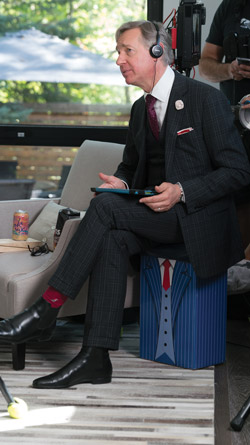
A House of Indulgence
Does this film full of fine fashions and smart cocktails reflect Feig’s own personal penchant for pampering? “I’m a house of indulgence. I really am,” he confesses. “My whole thing is, work hard; play hard. When I shoot my movies, we do what we call ‘French hours’ — ten-hour days, which means we don’t take a lunch. There’s always food around. People eat as they’re working and then at the end of the ten hours, you have to pull the plug.” Then Feig and company head out for dinner and drinks. “I’m just a restaurant fanatic. The crazier the food, the better. And the fancier the restaurant, the happier I am. The more waiters and waitresses that are buzzing around the table, the more I love the place. So many people might be put off by that, but I love a good fancy meal where they’re trading out your silverware after every course and all that.”
In terms of travel, Feig admits to “chasing the dream of jet set glamour,” listing Capri, Positano and Venice among his favorite places to escape. Of Capri, Feig laments, “People say, ‘Oh, I went there for a day, and we hated it.’ It’s like: ‘Yeah. You went for a day and you hated it because you were there when all the tourists were there, and all the boats let everybody off and everybody’s walking around in their cargo shorts and all [that sort of] stuff.’ But if you hide out during the day and then you come out like at five or six [o’clock] for drinks down in front of [the Grand Hotel] Quisisana and suddenly people are walking around; they’re dressed up, and it looks like the Riviera in the 1950s.” Feig loves that era’s elegance — and the fact that he was able to channel it into A Simple Favor. “That’s what I love about this movie so much, and weirdly, this movie is probably my most personal movie — even though it has nothing to do with my life. It’s part murder and double-crossing, but just the fact that the martinis play so heavily into it and style plays so heavily into it.”
Feig wants to bring more of his sense of style to the screen in future projects, so long as he can make his films relatable. “That’s why I think I really took to this script because Anna Kendrick is the relatable character the middle of it all. She is the audience. She’s us. We’re just normal people; so she’s going, ‘Oh my God — look how fancy and fun and stylish it is!’ And then she gets affected by it.” Feig says, “It plays into all the indulgences that I love.”
“I’m so proud of this movie. Honestly I think it’s my favorite movie I’ve ever done,” says Feig. “It just has everything, and it really wallows in the fun of how extreme it is.” Since it’s a thriller, we’ve attempted to reveal very little here about the plot — or what it all has to do with sexy Crazy Rich Asians star Harry Golding (who will play a gay man in the forthcoming film, Monsoon). For similar reasons, they have chosen not to highlight what Feig describes as the film’s “very, very dark comedy” in its advertising. “I never want anybody to think we are not taking the thriller genre seriously because I love thrillers, I think, more than anything,” says Feig. “The thriller genre allowed me to do things that I haven’t been able to do in my other comedies because it’s such a dark world and because it’s such a world of extremes,” he says. “So I just say to everybody: you’re just going to have so much fun because you’re going to go on a full ride, and I personally feel you’re not going to be let down by any one of the elements of it because you’re going to be thrilled; you’re going to be shocked. But you’re going to have fun the whole time.” See A Simple Favor in theaters starting September 14.
Last modified: September 13, 2018

